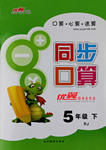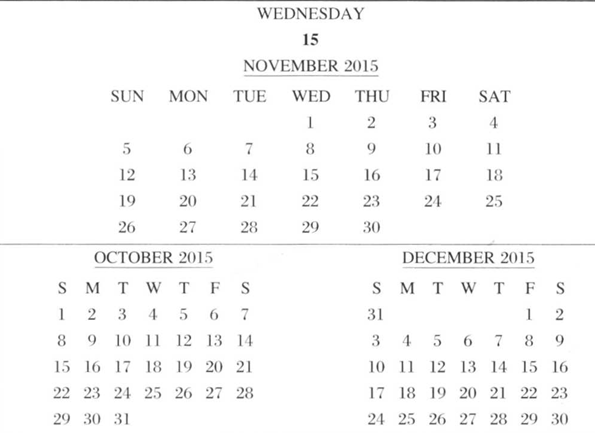题目内容
It was a lovely spring afternoon. My classmates and I were playing happily on the playground when I let out a cry, "Ow!Ow! Something in my shoe is biting me.”Everyone was shocked by the cry. They took me into a classroom and were about to take off my (1) . " Which foot is it?"One asked. "Let us have a look."
Suddenly, I remembered the holes in (2) socks. My family was very poor during those years. I wore welfare socks, which cost only a little, but those (3) welfare socks didn't last long. They soon had (4) at the bottom.
I refused to take off my shoe. I (5) stand others seeing the holes in my sock. I tried to hold back my tears. Yet,each time the thing (6) my shoe bit me,tears raced down my face'
My teacher, Miss Diane, hurried into the (7) , "What's wrong? "She asked.
"Something is biting her right foot, (8) she doesn't let us take off her shoe,"one of my classmates answered. Miss Diane lived next door to me. She (9) everything about my family. She put both hands on my shaking shoulders and (10) into my painful and hopeless eyes.
"Oh, yes,it must be a sock-eating ant," she said,as if she had (11) seen the thing inside the shoe. "I had a bite from one of those ants. By the time I got my shoe off,it had (12) almost the whole bottom off my sock.”My classmates nodded while they were listening to the teacher (13) ,although they all looked a little puzzled.
Miss Diane took off my right shoe and sock and shook them over the dustbin. Two red ants (14) it.
Just what I thought. The ants have eaten part of her sock.”When she pressed an alcohol cotton ball on the bites, she added, "You are such a (15) girl to take so many bites."
The alcohol felt cool on the bites and a little girl's pride was saved by the sock-eating ant " story.
( ) 1. A. shoe B. shirt C. hat D. coat
( ) 2. A. his B. her C. my D. your
( ) 3. A. free B. wet C. dirty D. cheap
( ) 4. A. holes B. boxes C. stones D. pockets
( ) 5. A. could B. couldn't C. must D. mustn't
( ) 6. A. on B. near C. under D. in
( ) 7. A. office B. playground C. classroom D. toilet
( ) 8. A. because B. but C. or D. so
( ) 9. A. knew B. forgot C. taught D. borrowed
( ) 10. A. looked B. dropped C. ran D. got
( ) 11. A. hardly B. already C. still D. only
( ) 12. A. turned B. put C. taken D. eaten
( ) 13. A. angrily B. sadly C. carefully D. happily
( ) 14. A. lived on B. fell into C. went over D. turned to
( ) 15. A. lucky B. friendly C. brave D. clever
1. A shoe意为"鞋";shirt意为"衬衫";hat意为"帽子";coat意为"外套"。由上文中的Something in my shoe is biting me.可知,他们把我带进教室,要给我脱鞋。
2. C 根据下文I wore welfare socks可知,此处表示我的袜子。
3. D free意为"自由的;免费的";wet意为"湿的";dirty意为"脏的";cheap意为"便宜的"。由本句中的I wore welfare socks,which cost only a little可知,便宜的袜子穿不了太久时间。
4. A hole意为"洞";box意为"盒子";stone意为"石头";pocket意为"口袋"。由上文I remembered the
holes 及but thosewelfare socks didn't last long可知,很快抹子底破了,有洞。
5. B 由前一句I refused to take off my shoes可知,我不能忍受别人看见我秣子上的洞。couldn't意为"不能",符合题意。
6. D 由上文中的Something in my shoe is biting me.可知,此处指每次鞋里面有东西咬我,眼泪都会从我的脸上流下来。
7. C office意为"办公室";playground意为"操场";classroom意为"教室";toilet意为"厕所,洗手间"。由第二段中的They took me into a classroom可知,我的老师急忙走进了教室。
8. B Something is biting her right foot与she doesn't let us take off her shoe存在转折关系。表示转折时应用but。
9. A know意为"知道";forget意为"忘记";teach意为"教”;borrow意为"借"。由上文Miss Diane lived next door to me.可推知,她知道我家的一切。
10. A look意为"看";drop意为"落下";run意为"跑";get意为"得到"。look into my painful and hopeless eyes表示"看着我疼痛无望的眼神"。
11. B 由上文中的it must be a sock-eating ant可知,好像她已经看到了鞋子里面的东西。already意为"已经",符合语境。
12. D turn意为"变成";put意为"放";take意为"带走";eat意为"吃"。由it must be a sock-eating ant可知,它几乎吃了我的整个袜底。
13. C angrily意为"生气地";sadly意为"伤心地";carefully意为"仔细地,认真地";happily意为"高兴地"。由空格后的although they all looked a little puzzled可知,他们认真地在听老师说。
14. B live on意为"靠……生活,住在";fall into意为"掉进";go over意为"复习";turn to意为"求助于,转向……"。由上一句的描述可知,两只红蚂蚁掉进了垃圾桶里面。fell into符合语境,故选B。
15. C lucky意为"幸运的";friendly意为"友好的";brave意为"勇敢的";clever意为"聪明的"。由句中的take so many bites可知,她是一个勇敢的女孩。

 优翼小帮手同步口算系列答案
优翼小帮手同步口算系列答案